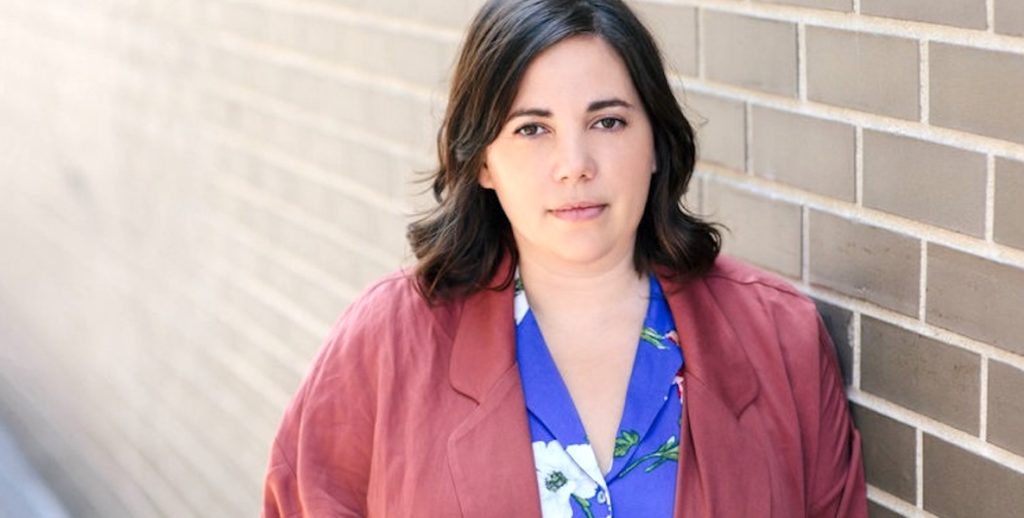I am a social introvert, by nature. I actually do super well by myself, for vast quantities of time. I am someone who is never upset when someone cancels plans on me.
And so, at first, before we knew how bad this was, I felt this enormous sort of relief of social pressure, in a way. I love the broad kaleidoscope and fabric of human experience, but sometimes it can feel overwhelming. But because I flourish in alone-ness, I descend too easily and deeply into isolation. It’s not always easy for me to tell when I’ve maxed out on being alone, or when I’ve had too much.
MORE LOCALS OFFER REFLECTIONS A YEAR INTO COVID
-
- Fear is not irrational—nor is it all there is, writes The Citizen’s executive editor
- We catch up with the Philadelphians who stepped up during the pandemic
- The silver linings of pandemic work life, a year later
- The four “Fs” that have come to the forefront this year: family, finances, fitness and faith
I sort of depend on the pace of the world and the goodwill of others to remind me to come out of the house, and so I’ve missed a lot of connections and opportunities and ways to show up for people. So friendships are the number-one thing that I feel sad about. My community in Philly is really important to me, but I don’t know if I’ve done a great job of manifesting that love this year.
West Philly’s kind of like a shtetl, where you go out and you run into people, and then you run into the same person at a different location. I think in before-times, I might have found that exhausting, but now I really miss it. I miss my neighborhood.
I love the broad kaleidoscope and fabric of human experience, but sometimes it can feel overwhelming.
But the worst part of the pandemic was that my block had a really bad fire in November, the week before Thanksgiving. No one was hurt, thankfully, but several homes were destroyed. It was really scary, and compounded by the pandemic.
It all brought more attention to how the pandemic has not affected people equally. And parts of the Black community in West Philly were subject to a lot of misinformation and unclear communication from the city around Covid. The firefighters came but then they left and it was just us, the people who lived on the block, and it was up to us to figure out how to support those who had lost their homes and had nowhere to go.
There was no safety net, no one from the broader city that stepped in or helped. It all just kind of stewed together to feel like we were alone with whatever might befall us. We did a GoFundMe, and so many people in my community and my neighbors’ communities contributed. But it was really painful to see how many of us are just one catastrophe away from catastrophe. The pandemic already was that one catastrophe for so many, and then to add this on?
One thing that has been inspiring is the shakeup in what people have been gravitating towards, in terms of their creativity. I know writers who are creating now in mediums other than what they use to make a living—writers doing sculpture, poets trying short fiction. I have been drawn to collage. It’s really nice because you can use materials from around the house—you don’t need any special supplies. And you can sort of evolve as you go—you don’t need a plan. It’s less scary for me than the blank page of writing, because there’s stuff that you can start out with, and rearrange as you go.
West Philly’s kind of like a shtetl, where you go out and you run into people, and then you run into the same person at a different location. I think in before-times, I might have found that exhausting, but now I really miss it.
At Blue Stoop, we’re just trying to meet people where they are, casting a wide net of events and inviting people to come [virtually] to what feels good. It’s been a lot of trial-and-error. I do think that creativity really thrives on structure, and with other people, so we have been trying to create programs that happen frequently and at the same time each week so people always know their creative community is still there and easily accessible.
Emma Copley Eisenberg is the founder of Blue Stoop and the author of The Third Rainbow Girl: The Long Life of a Double Murder in Appalachia.

